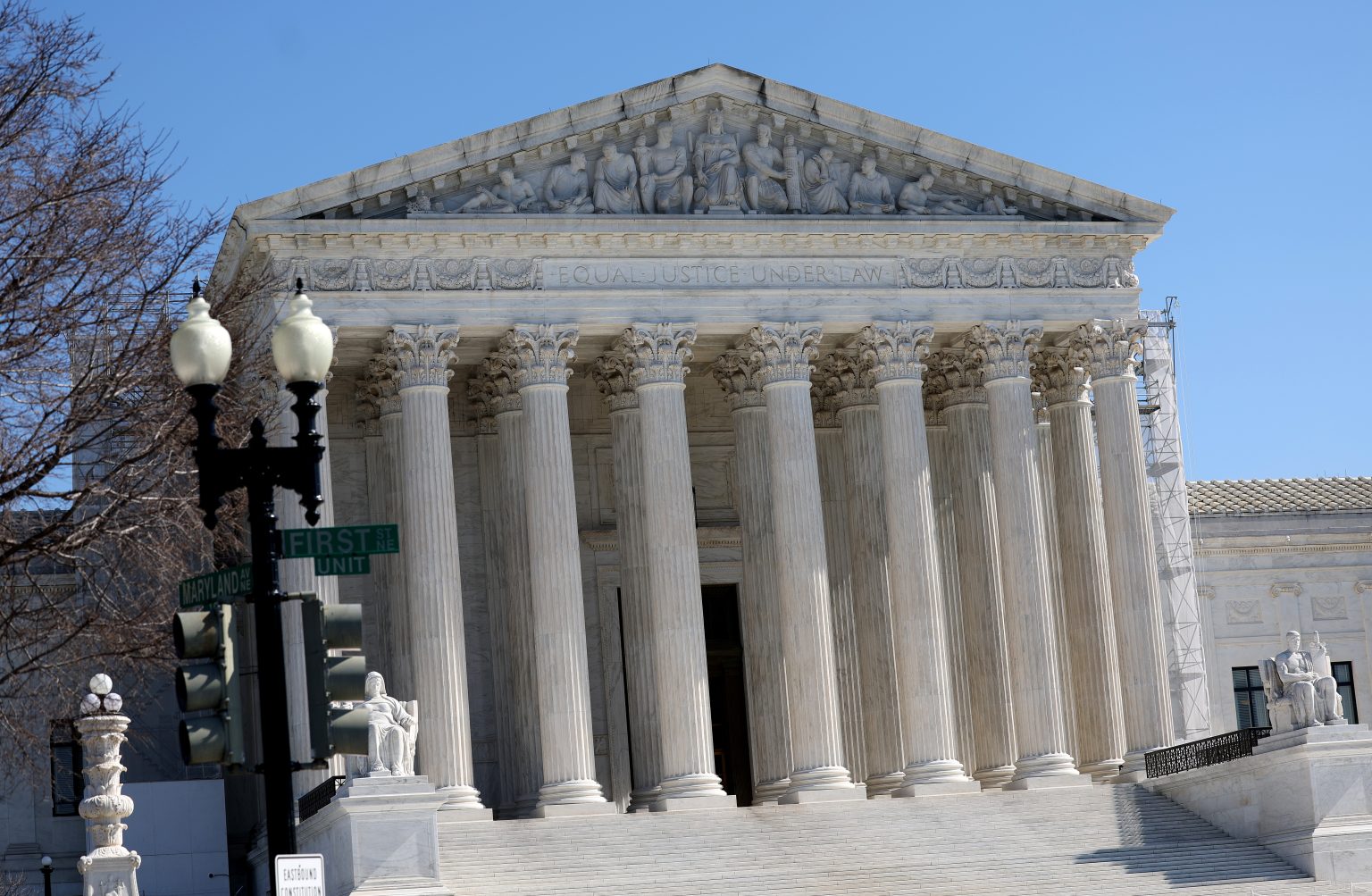The Supreme Court is set to hear arguments for two cases next week that could have a significant impact on social media content moderation. In 2021, Florida and Texas passed laws aimed at addressing perceived bias against conservative viewpoints on social media platforms. Industry groups representing social media sites have filed lawsuits challenging these laws, arguing that they infringe on their First Amendment rights to decide what content they publish and promote. The outcome of these cases could set a precedent for how content moderation is handled in the U.S. for years to come.
Florida’s Senate Bill 7072, signed into law by Governor Ron DeSantis, prevents social media platforms from deplatforming political candidates and requires them to publish criteria for banning users and content. Texans’ House Bill 20, signed by Governor Greg Abbott, prohibits censorship based on a user’s viewpoint. Both laws aim to limit the power of social media companies to moderate and curate content on their platforms, in response to frustration over perceived censorship by Republicans and others.
If these laws are upheld by the Supreme Court, social media platforms could see their ability to curate newsfeeds and engage users greatly diminished. This could lead to significant changes in the way social media sites operate and impact the flow of information on these platforms. The cases being heard next week will determine whether these laws can stand or if they will be struck down, setting a precedent for future content moderation practices.
The cases in question highlight the ongoing debate over the role of social media platforms in regulating content and free speech. Supporters of the laws argue that they are necessary to address bias and censorship on social media, while opponents argue that they violate the platforms’ rights to control the content on their platforms. The Supreme Court’s decision in these cases will have far-reaching implications for the future of content moderation and free speech online.
As the Supreme Court prepares to hear arguments in these cases, the outcome will have a lasting impact on how social media companies operate and moderate content in the U.S. The laws passed in Florida and Texas represent a growing pushback against perceived bias on social media platforms, and the Court’s decision will determine whether these efforts to regulate content moderation are constitutional. The cases could set a precedent for how content moderation is handled in the U.S. and shape the future of free speech online.









